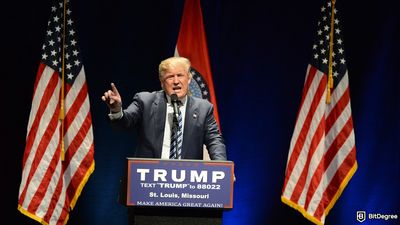It appears that malicious actors found a way how to exploit "gas tokens."
Revoke, the renowned approval management platform, has rolled out an innovative solution to combat new crypto scam.
The scam centered around tricking crypto enthusiasts into withdrawing supposed "fake approvals," resulting in the victims paying astronomical transaction charges.

Did you know?
Want to get smarter & wealthier with crypto?
Subscribe - We publish new crypto explainer videos every week!
Paper Hands vs Diamond Hands: Crypto Slang Explained (ANIMATED)


On July 9th, Revoke.cash took to Twitter to reveal that several individuals noticed unknown authorizations in their transaction records. In essence, malicious actors have been exploiting so-called "gas tokens" as a trick to make victims believe they have unauthorized transaction approvals. According to the platform:
It turns out that this is a new scam where scammers use so-called gas tokens to steal money when victims revoke these "fake approvals."
Born out of a rise in Ethereum network charges, gas tokens were created as a sort of hedge against rising fees. Revoke further explained:
This facilitated users to create gas tokens when fees were insignificant and expend them when fees escalated, effectively preserving the lower fee.
Nonetheless, the platform reported that deceitful individuals have been producing counterfeit gas tokens, which they airdrop alongside fake approvals, leading users to believe they must revoke these.
Craftily programmed to produce plenty of gas during the revocation process, the fake tokens are returned to the fraudsters, leaving the unsuspecting victim burdened with hefty transaction charges.
In response to this menace, Revoke has incorporated a safeguard feature that inhibits the revocation of approvals if it detects an unusually high gas fee. The platform advises users to disregard these fake approvals:
Best thing to do with these fake approvals / fake tokens is to ignore them. As long as you don’t interact with them, they can’t steal your funds.
In a world full of digital transactions, it is vital to stay updated and informed about possible threats and the preventative measures available to ensure the secure handling of cryptocurrency.






















